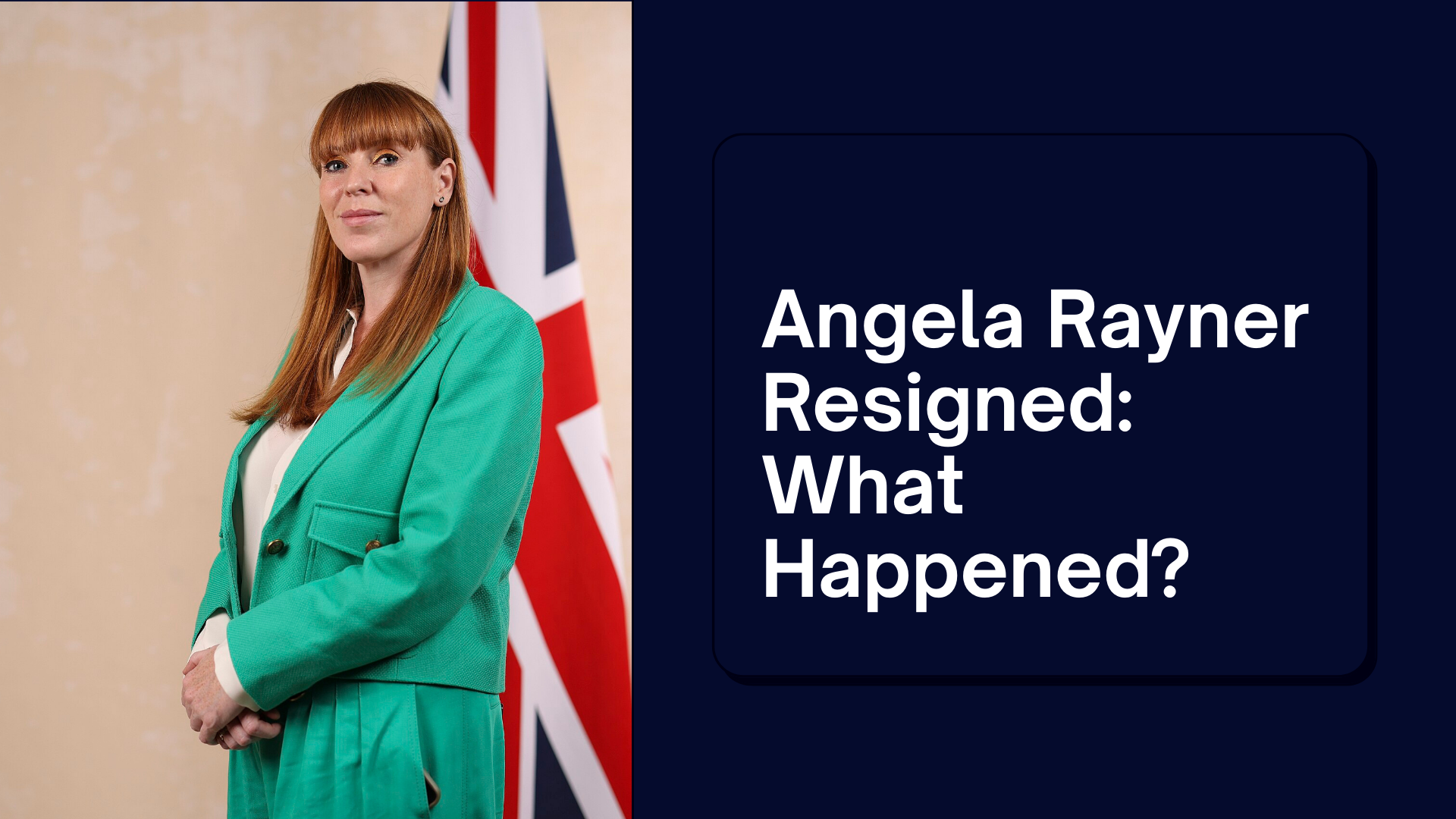Summary
Angela Rayner, the UK's Deputy Prime Minister and Housing Secretary, resigned on September 5 2025, after an ethics probe into her tax troubles concluded. The HM Revenue & Customs' investigation found that she had underpaid stamp duty on a second home by around £40,000. Despite acknowledging her act of honesty, the review ruled she violated the Ministerial Code by failing to seek proper advice. UK Prime Minister Keir Starmer responded by reorganising his government cabinet. Starmer’s reshuffle led to the appointment of David Lammy as Deputy Prime Minister and Justice Secretary, Yvette Cooper as Foreign Secretary, and Shabana Mahmood as Home Secretary.
Breakdown
The tax office's investigation into her ethical conduct was conducted by Sir Laurie Magnus, who currently serves as the Prime Minister's adviser on ministerial standards and ethics. The report concluded that although Rayner did not intend to mislead, her failure to pay the correct amount of stamp duty constituted a breach of the Ministerial Code. In consistency with established protocol, Rayner opted to resign from her governmental positions, which encompassed Deputy Prime Minister, Deputy Labour Leader, and Housing Secretary. Their departure resulted in an immediate vacancy within the government, necessitating a swift reorganisation to ensure continuity and uphold public confidence.
The Political Dynamics
The reshuffle enabled Keir Starmer to enhance his cabinet, filling it with seasoned individuals. David Lammy's appointment as Deputy Prime Minister established him as a key player in domestic policy and justice reform. Yvette Cooper, a prominent Labour politician and former Shadow Home Secretary, assumed the position of Foreign Secretary during a period marked by considerable international challenges, taking on a demanding and high-stakes position. Shabana Mahmood transitioned to the Home Office, assuming responsibility for critical domains including immigration and policing. These changes occurred amid political pressure, as Reform UK leader Nigel Farage leveraged Rayner's resignation to advocate for stricter migration policies and to challenge the Labour Party’s integrity.
Legal or Advisory Involvement
The investigative process adhered to the government's established ethics and standards framework. Sir Laurie Magnus, serving as Ethics Adviser, evaluated the case and utilised the Ministerial Code to come to a decision on Rayner’s admission. Sir Magnus’s findings underscores the significance of regulatory oversight within the government, despite the absence of expert opinions from external legal teams. The Cabinet Office and parliamentary legal officials confirmed that the resignation and subsequent appointments adhered to constitutional requirements.
Future Outlook
Angela Rayner's resignation paves the way for a deputy leadership contest within the Labour Party, potentially prompting discussions regarding its internal direction. The reshuffle by Prime Minister Keir Starmer aimed to convey stability and reassure voters and yet, concerns persist regarding Labour's ability to sustain unity and concentrate on its policy agenda. The opposition, notably Reform UK, has capitalised on the situation to challenge Labour’s ability to reinforce internal accountability and scrutinise their policy on migration. The effectiveness of Starmer’s reshuffle remains to be seen, its credibility will rest on the government's ability to fulfil its priorities and create tangible progress within the economy, public services, and national security.
